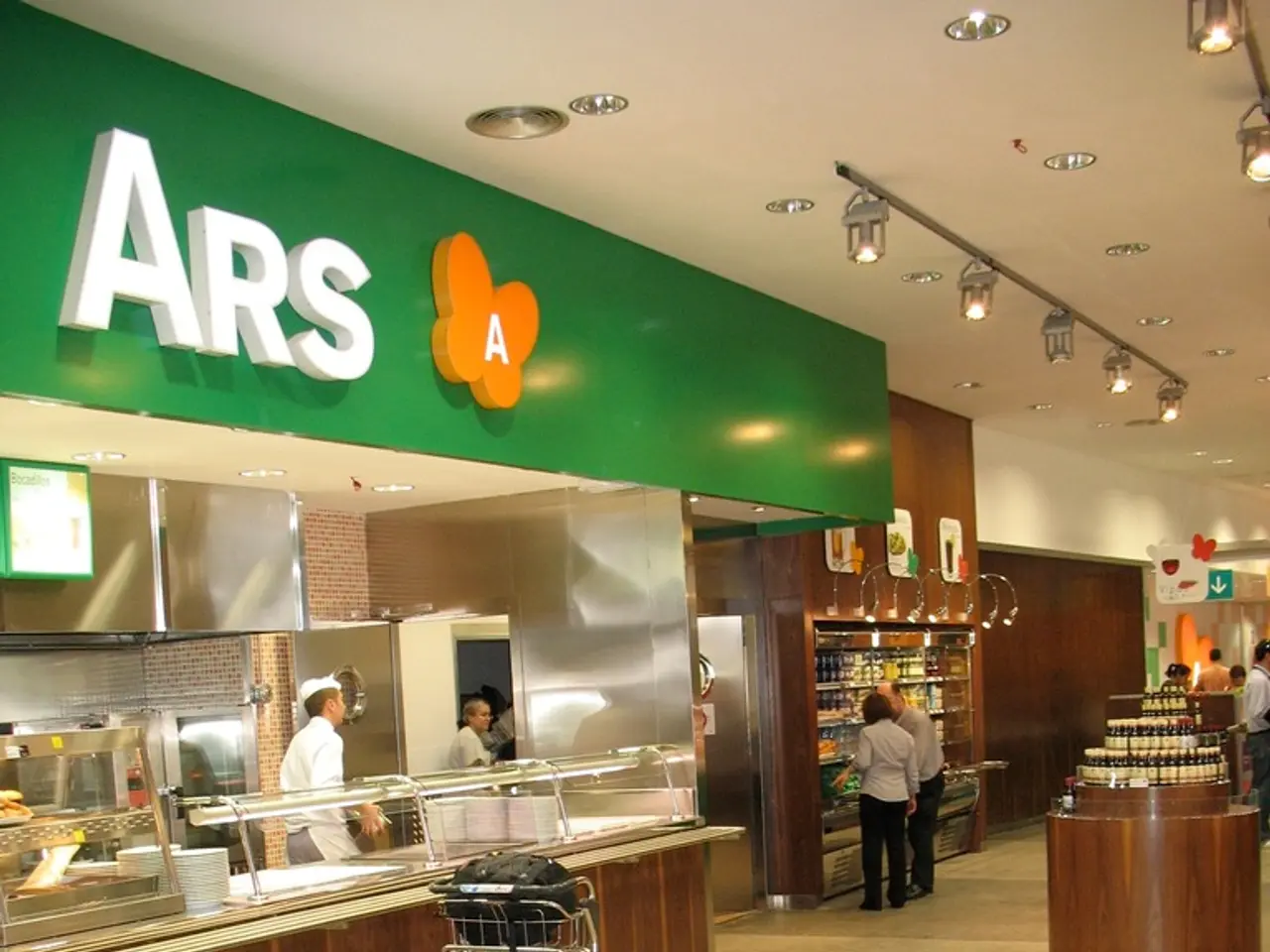Tourist destinations encounter criticisms for impolite treatment and excessive pricing during busy periods
Recent incidents in the coastal towns of Yeosu, Sokcho, Gangneung, Chuncheon, and Hongcheon have brought to light longstanding service culture problems that continue to plague these popular tourist destinations in South Korea.
The controversy began when a restaurant owner in Yeosu berated a female YouTuber for dining alone and ushered her out after 20 minutes. The incident, which was recorded and posted online on July 3, sparked outrage among netizens, leading to a public apology from the restaurant and a temporary closure.
This incident was not an isolated case. Another restaurant in Yeosu's Gyo-dong was caught reusing leftover food and ordered to close for 15 days. Meanwhile, a seafood stall in Sokcho's Dongmyeong Port Squid Market has been ordered to close until the end of August due to similar practices.
The unsavoury incidents have not only affected the reputation of these establishments but have also raised concerns about the overall service culture in these regions. The controversies come amidst the promotion of 2025-2026 as "Visit Gangwon Year" to boost tourism in the region.
In addition to rudeness and poor service, unsanitary conditions at food establishments and accommodations have been reported, undermining health and hygiene expectations at tourist sites. Inflated lodging prices and price gouging during peak seasons have also been documented, deterring tourists and fostering perceptions of exploitation in these popular areas.
These problems contrast with Seoul’s better-developed tourism infrastructure but reflect broader issues in South Korea’s tourism management and service culture outside the capital. The Korean government recognizes some of these tourism service shortcomings, including limited foreign language support and infrastructural imbalances that concentrate visitors mostly in Seoul.
There are calls for a strategic overhaul to elevate tourism as a national industry with better coordination across ministries and improved legal frameworks to address regional disparities and improve service quality nationwide. However, these reforms are still in the early phases.
Domestic tourism demand has weakened recently, partly due to dissatisfaction with service issues and the attractiveness of overseas options, impacting regional tourist spots significantly. Critics warn that without addressing service culture and pricing abuses, the region risks damaging its reputation among both domestic and international travelers.
In response to the recent incidents, Yeosu officials have announced they will inspect all restaurants from Monday to Thursday for hygiene and customer service. The inspections will ban practices such as forcing solo diners to order multiple portions. The entire Dongmyeong Port Squid Market will undergo a six-day voluntary shutdown for retraining from Aug. 17 to Aug. 22.
As the tourism industry in South Korea continues to grow, addressing these service culture issues will be crucial to ensure a positive travel experience for visitors and to maintain the country's reputation as a popular tourist destination.
- While the tourism industry in South Korea is growing, addressing service culture issues, such as poor hygiene in food establishments, inflated prices, and poor customer service, is essential to maintain the country's reputation as a popular destination and ensure a positive travel experience for visitors.
- To improve the service culture in tourist regions like Gangwon, officials are taking steps, such as inspecting restaurants for hygiene and customer service and implementing temporary closures for retraining, in response to the recent controversies, acknowledging the need for a strategic overhaul to elevate tourism as a national industry.




